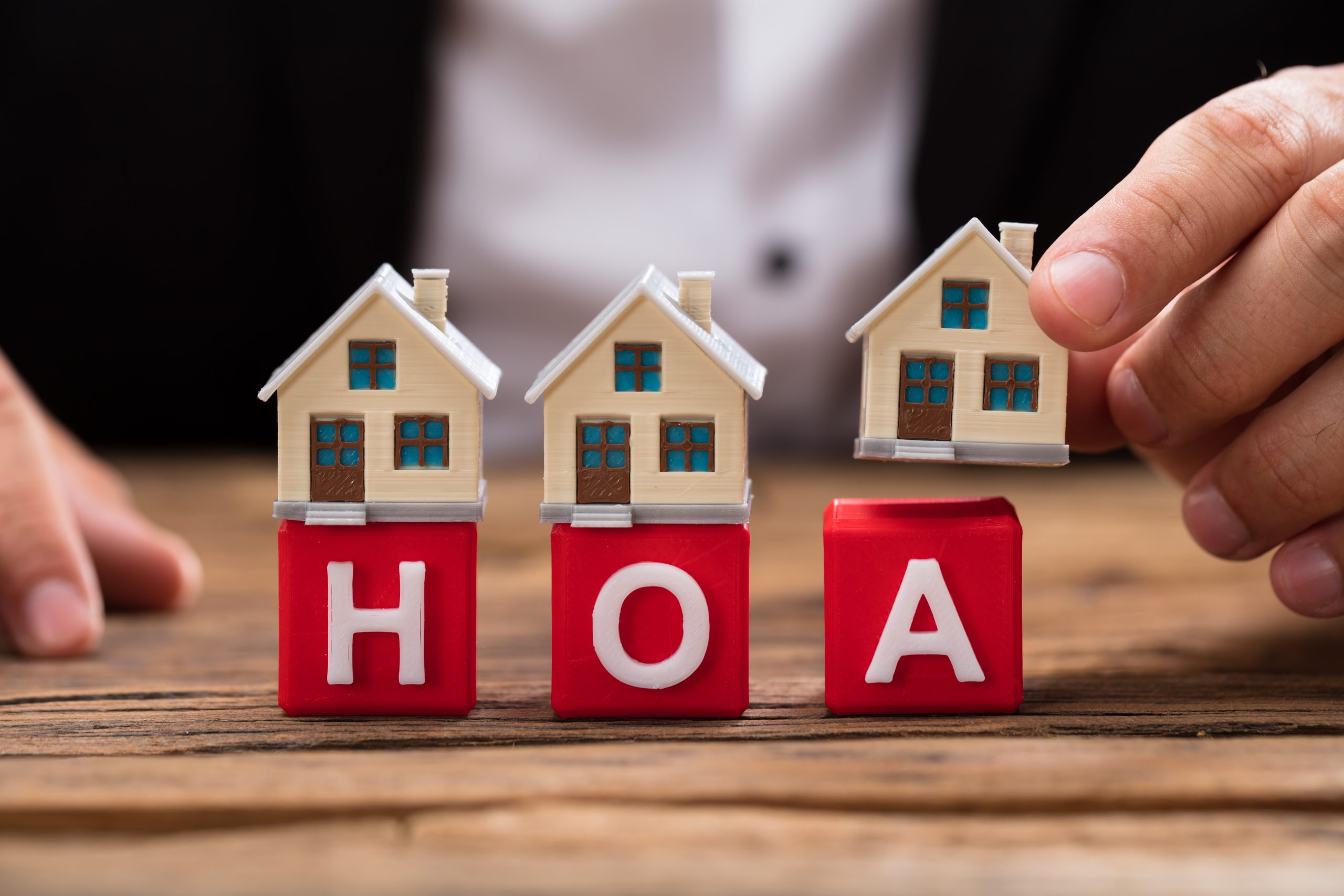The Function of an HOA in Developing and Enforcing Neighborhood Guidelines for Residents
The role of a Homeowners Association (HOA) in applying and developing area standards is basic to maintaining a orderly and cohesive residential atmosphere. By creating clear rules that control aspects such as building maintenance and area conduct, the HOA not just establishes requirements for homeowners yet likewise fosters a feeling of belonging and responsibility.
Understanding Property Owners Associations
Homeowners associations (HOAs) work as regulating bodies for household neighborhoods, playing an important function in keeping building values and fostering a feeling of community. Normally created by designers, HOAs are made up of property owners within a marked area who elect a board to oversee the organization's activities. The main functions of an HOA include applying area regulations, managing usual locations, and organizing area events.
HOAs operate under a set of governing documents, consisting of limitations, conditions, and commitments (CC&R s), which lay out the legal rights and obligations of homeowners. These laws intend to guarantee that residential properties are maintained to a particular standard, therefore shielding the visual charm and total worth of the community. Additionally, HOAs usually collect dues from property owners to fund upkeep, landscape design, and various other social work.
The presence of an HOA can dramatically affect the living experience within an area (hoa condo). While some residents value the structured environment and facilities provided, others might discover certain regulations restrictive. Balancing the rate of interests of all homeowners is crucial for an HOA to operate successfully, guaranteeing that it serves its desired purpose of improving area living while valuing private house owner civil liberties
Developing Community Guidelines

To begin, an HOA must carry out surveys or convene that permit locals to articulate their pointers and worries. This participatory process cultivates a sense of possession and enhances compliance. Next, the HOA board need to assess the comments to identify common themes and top priorities that warrant official addition in the standards.
It is additionally important to make sure that the guidelines are clear, concise, and conveniently recognized. Ambiguities can lead to misconceptions and conflicts, weakening the purpose of the guidelines. Moreover, the standards ought to be detailed, covering various elements of area living, including home upkeep, sound degrees, and use of common locations.
Enforcement of Regulations
Effective enforcement of area regulations is essential for maintaining order and making certain that all citizens abide by the developed standards. An HOA should implement an organized method to Resources apply these policies, which often includes a combination of surveillance, interaction, and fines for non-compliance.
First, routine assessments and neighborhood patrols can aid identify violations, making sure that guidelines are continually applied across the neighborhood. This positive surveillance enables the HOA to address problems prior to they intensify, cultivating a sense of responsibility amongst citizens.
2nd, clear communication is necessary. Residents ought to be educated of the rules and the treatments for reporting violations. An open line of interaction encourages homeowners to voice worries and seek clarification on standards, which can enhance compliance.
Last but not least, when infractions occur, the HOA has to impose consequences as outlined in the controling papers. By properly enforcing rules, an HOA can grow an unified living environment that shows the collective values of its residents.
Benefits of HOA Laws
Many benefits arise from the application of HOA laws, which offer to improve the lifestyle within a community. One main advantage is the upkeep of property values. By enforcing standards for appearances and upkeep, HOAs make sure that homes and typical areas remain appealing, fostering a preferable living atmosphere that can lead to boosted residential or commercial property worths gradually.
Additionally, HOA regulations promote uniformity and uniformity within the neighborhood. This comprehensibility in design and upkeep helps to develop a sense of belonging amongst residents, adding to community pride and a positive environment. Additionally, developed guidelines facilitate problem resolution amongst next-door neighbors by supplying clear expectations and methods for behavior, thereby minimizing conflicts.
An additional considerable benefit is the arrangement of common services and solutions. see this page Numerous HOAs take care of community facilities such as parks, clubs, and swimming pools, which improve leisure opportunities for citizens. These services not just enhance the lifestyle yet additionally urge social communication.
Eventually, the policies stated by an HOA grow a well-organized, harmonious community, ensuring that citizens appreciate a high standard of living while promoting a helpful atmosphere for all house owners.
Usual Obstacles Faced by HOAs
Amidst the benefits that property owners organizations (HOAs) can provide, they likewise come across a selection of difficulties that can prevent their effectiveness. One substantial concern is the lack of resident interaction. Many house owners may not get involved in conferences or area activities, resulting in a separate between the HOA board and homeowners. This disengagement can result in misconceptions regarding neighborhood standards and an absence of assistance for enforcement efforts.
Disagreements can emerge when locals really feel that enforcement is Read Full Article inconsistent or biased, possibly leading to conflicts within the community. In addition, HOAs often deal with monetary restrictions, which can restrict their capability to preserve typical areas or fund neighborhood projects.
Furthermore, navigating lawful intricacies can be daunting for HOAs. Changing demographics and evolving area needs need HOAs to adjust their standards, often fulfilling resistance from long-lasting homeowners that are accustomed to standard standards.
Verdict

By formulating clear guidelines that regulate facets such as property maintenance and community conduct, the HOA not only establishes criteria for citizens but likewise promotes a feeling of belonging and liability.Homeowners associations (HOAs) serve as controling bodies for residential neighborhoods, playing a critical function in preserving home worths and fostering a feeling of community. Many property owners may not participate in conferences or community tasks, leading to a disconnect in between the HOA board and residents. Developing and transforming demographics area needs need HOAs to adapt their guidelines, often meeting resistance from long-lasting residents that are accustomed to typical standards. Through the growth of clear regulations and constant enforcement, HOAs promote home upkeep, area pride, and count on amongst locals.